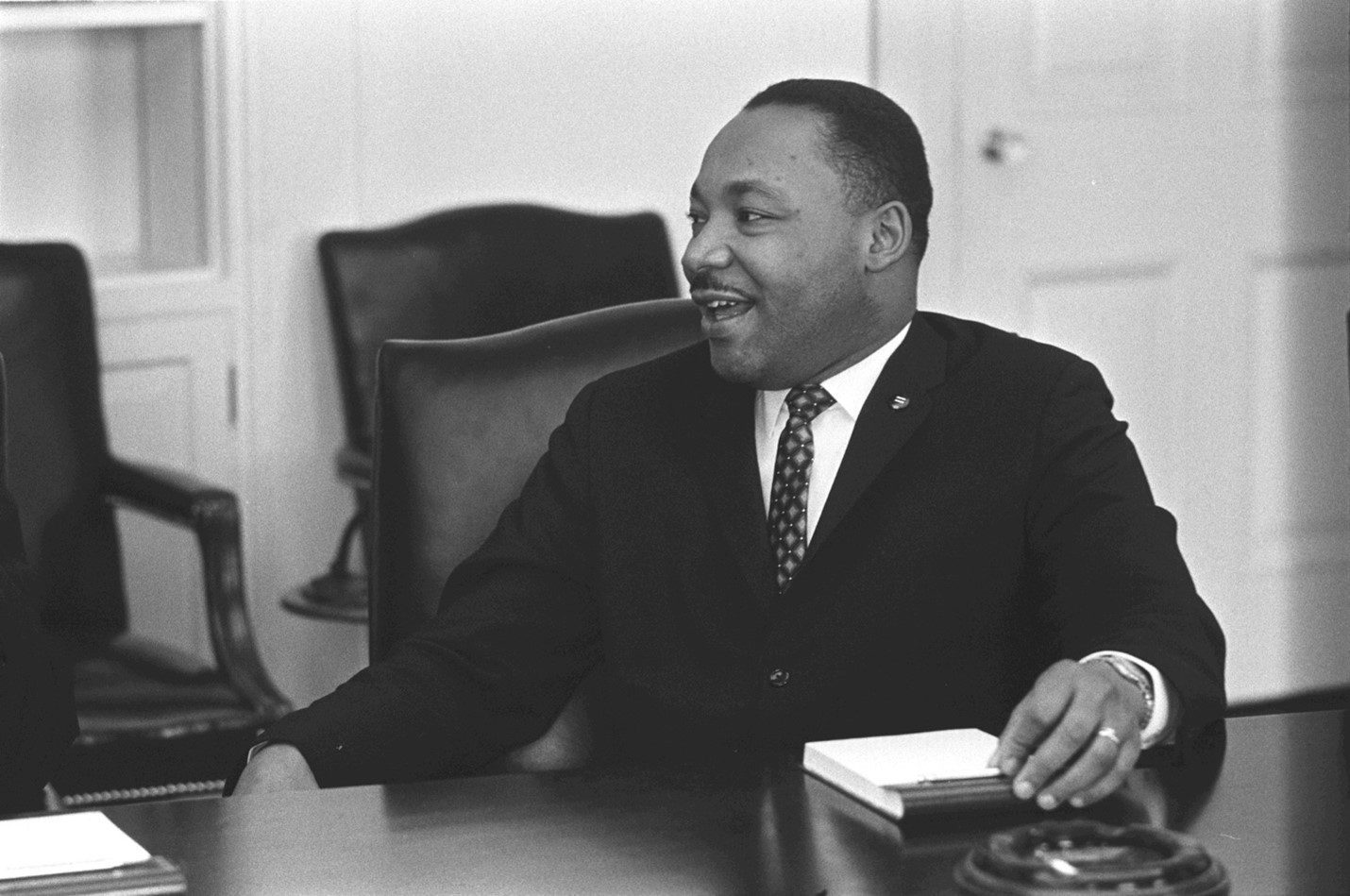Compardo, Wienstroer & Janes at Moneta
Private air travel has long been a symbol of luxury and convenience, offering an unparalleled travel experience. Understanding the various options is essential whether you’re a high-net-worth individual or someone looking to explore the benefits of private aviation.
The Benefits of Private Travel
Time Savings
You will no longer need to show up at the airport a few hours before your flight as you can park and walk up to your aircraft minutes before takeoff. And if you are late, the plane waits for you. Further, private aviation opens up many more airports and allows for customized routes, meaning you may be able to travel to a rural airport much closer to your destination. There are 503 airports in the United States that offer commercial flights. With a private aircraft, you would have access to more than 5,000 airports in the U.S.
Privacy & Safety
For those in the public eye, it can be difficult to fly on a commercial airline without being pandered to or asked for selfies every few minutes. But even for those who do not have this problem, flying private can allow you to take private calls, discuss important business topics, or work without the fear of someone listening in or seeing what you are working on. Further, private jets can typically fly at higher altitudes, which have a lower risk of turbulence.
The private travel market surged during the COVID-19 pandemic. With commercial flights limited and health concerns at an all-time high, many turned to private jets for safer and more flexible travel options.
The Cost of Private Travel
The all-in cost of private travel will vary widely based on the type of aircraft you need, the distance you plan to fly, and how often you use it. Generally speaking, you can estimate the cost to be around $4,000 per flight hour for the smaller turbo-prop planes to up to $20,000 per flight hour (and up) for large jets. The cost will also vary depending on what type of program you select.
Ways to Fly Private

There are several ways to enjoy the benefits of private air travel, each catering to different needs and travel frequencies:
Charter Flights: Ideal for one-off trips, charter flights allow you to book a private jet for a specific journey. This option is the most expensive per hour but offers maximum flexibility and does not have any commitments beyond the booked flight(s).
Jet Cards/Programs: These programs require an upfront payment to purchase a “card” and, depending on the program, will provide you with a set number of flight hours or days at a lower per-hour rate than charter flights, so more frequent travelers will save money vs. chartering a jet each time. Jet cards often come with guaranteed availability within 24-72 hours, making them suitable for those who travel 5-10 days per year. However, depending on the program, there may be blackout dates for peak travel times, or you may run into what is known as repositioning cost, which is the cost of getting the airplane from a base to where you need it.
Empty Leg: Because companies guarantee the availability of their jets, occasionally, a jet will fly without passengers to reposition the aircraft for the next flight. This is referred to as an “empty leg flight”. Because the flight has a pre-determined aircraft, time, origin, and destination, there is little customization available. However, because the flight would be empty anyway, companies will often offer discounts for flying in an empty leg, typically 15-30%, but this can vary depending on demand/how heavily a trip is traveled (Los Angeles to San Francisco may not be as discounted as rural Colorado to rural Arkansas, for example). For flexible travelers or those who happen to get lucky and find their preferred destination on the empty leg list, this can be an economical way to fly.
Fractional Ownership: You share ownership with other individuals by purchasing a fraction of a jet, typically 1/16th. This model ensures higher availability and is best for those who travel 20+ days per year. Fractional ownership comes with a higher upfront cost, plus monthly charges to cover the costs of the aircraft (upkeep, insurance, hangar, pilots, etc.). However, as a partial owner, you can typically have an aircraft ready within hours. As an owner, you also may be able to utilize depreciation on your taxes, but this is an ancillary benefit, not a main consideration for this type of ownership. You sell your share at a fair market price at the end of your specified term. All this equates to a lower cost per flight hour than jet cards but a much higher financial outlay overall.
Full Ownership: Owning an aircraft outright offers the ultimate flexibility and convenience. You can use the jet whenever you want as it is available to you 365 days a year. This is the most expensive way to fly private as you must not only pay for the upfront cost of the aircraft, but you are also responsible for all upkeep and operating costs. Some charter companies will rent out your aircraft on days you are not using it, offsetting some costs.
Choosing the Right Provider
When selecting a private aviation provider for charter, jet card, empty leg, or fractional ownership, consider factors such as pricing, services, repositioning costs, and jet availability. Most carriers offer similar options for round trips within the U.S., so you can choose based on your specific needs and preferences. Some companies offer trial programs, allowing potential clients to experience their services at a reduced rate before committing.
Private air travel offers a range of options to suit different needs and budgets. Whether you’re looking for a one-time charter flight or considering fractional ownership, understanding the current trends and market conditions can help you make an informed decision.
How we can help
CWJ at Moneta provides a comprehensive approach to wealth management that goes beyond just financial advice. We are dedicated to helping you manage your family’s everyday needs to navigate life’s journey with confidence. If you’re seeking an advisor who offers more than traditional financial guidance, reach out to our team at thecwjteam@monetagroup.com. Let’s discuss how we can help you safeguard what matters most and achieve your goals.
© 2024 Advisory services offered by Moneta Group Investment Advisors, LLC, (“MGIA”) an investment adviser registered with the Securities and Exchange Commission (“SEC”). MGIA is a wholly owned subsidiary of Moneta Group, LLC. Registration as an investment advisor does not imply a certain level of skill or training. The information contained herein is for informational purposes only, is not intended to be comprehensive or exclusive, and is based on materials deemed reliable, but the accuracy of which has not been verified. Trademarks and copyrights of materials referenced herein are the property of their respective owners. Examples contained herein are for illustrative purposes only based on generic assumptions. Given the dynamic nature of the subject matter and the environment in which this communication was written, the information contained herein is subject to change. This is not an offer to sell or buy securities, nor does it represent any specific recommendation. You should consult with an appropriately credentialed professional before making any financial, investment, tax or legal decision. Past performance is not indicative of future returns. All investments are subject to a risk of loss. Diversification and strategic asset allocation do not assure profit or protect against loss in declining markets. These materials do not take into consideration your personal circumstances, financial or otherwise.



